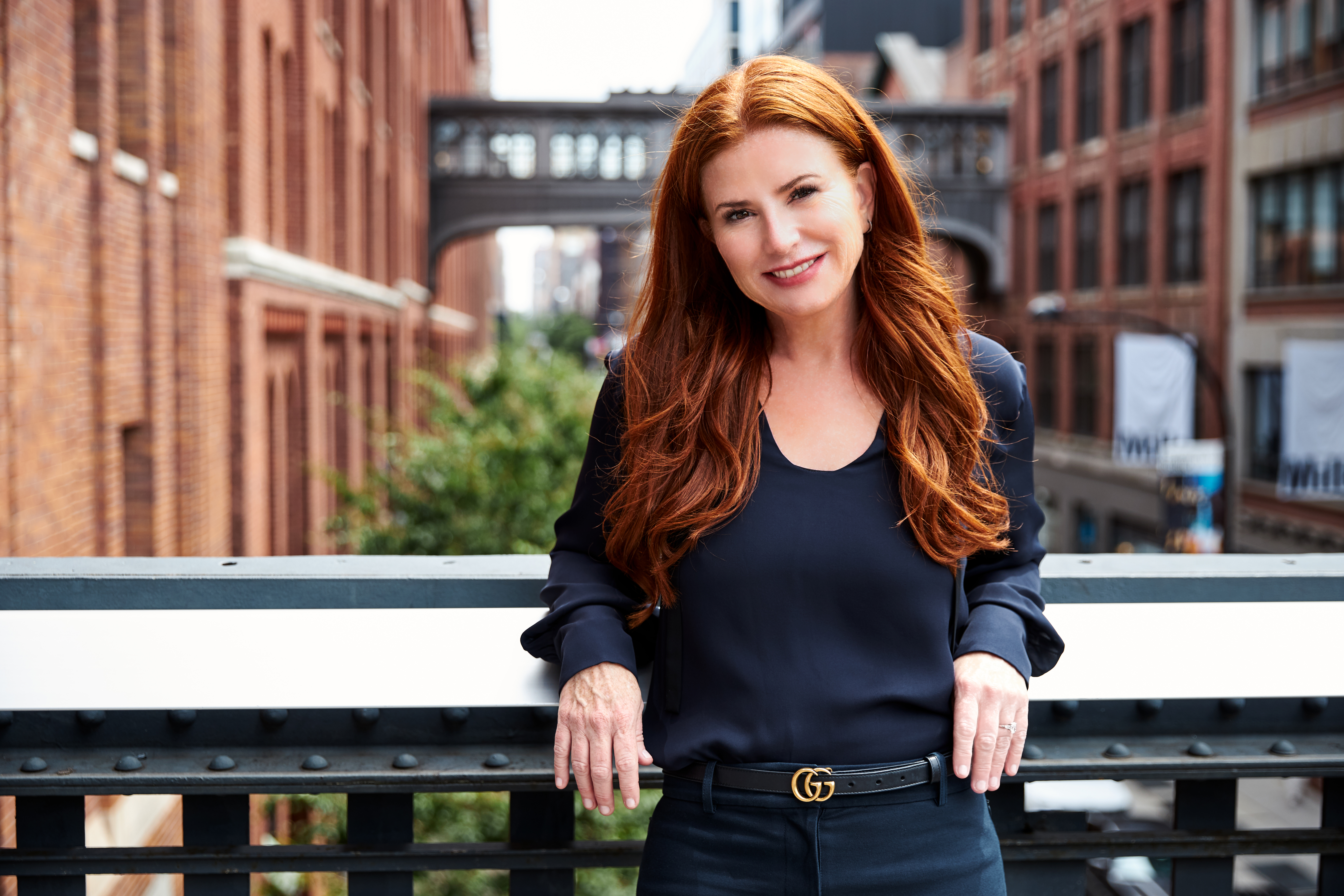I’ve learned so much in my nearly 15 years as the founder and CEO of my healthy, unsweetened, flavored water company, Hint. And I’ve been given plenty of unsolicited advice—not all of it valuable. For example, when I pitched my business idea to an executive at Coke, he dismissed it. “Sweetie, Americans love sweet,” he told me. I’m glad I didn’t listen.
Thankfully, I’ve been fortunate to be surrounded and inspired by incredible entrepreneurs who have shared valuable insights. Here are my four favorite pieces of business advice that I’ve gleaned over the years.
1. Live your truth, no matter what.
One of my favorite quotes is from the goddess of entrepreneurship herself: Oprah Winfrey. “I had no idea that being your authentic self could make me as rich as I’ve become,”
she has said.
Winfrey started her career as an evening news reporter at a Baltimore television station. But she was fired for being unable to detach herself from her work emotionally. The network moved her to daytime television to avoid paying out the rest of her contract. And you know the rest of this story.
Winfrey now holds the titles of actress, author, talk-show host, television producer, and philanthropist. She’s the first female African-American billionaire, the first black woman to win the Golden Globes’ Cecil B. DeMille Award and has been dubbed the “Queen of All Media.” Staying true to herself is her most valuable asset and her North Star. Research shows that authentic leadership can be the strongest predictor of an employee’s job satisfaction, organizational commitment, and workplace happiness.
2. Learn to leap, even when you’re afraid.
Starting a business can feel like the scariest thing you’ll ever do. And it certainly carries huge professional, financial and emotional risks.
Drybar founder Alli Webb told me during our chat on my podcast, Unstoppable, that putting the stakes in perspective helped her make the jump. “If Drybar didn’t work, no one was going to die,” she said. “The world wasn’t going to end. I would have figured something else out. And I think you have to have that mentality to feel unafraid to take that big leap.”
Of course, the repercussions do matter—there’s money, reputations, and careers on the line—but that’s part of the excitement of creating a company that matters to you deeply. Use the stakes to drive you forward. “You need that fear to keep your blood boiling,” Webb said. “Every day, there’s something that puts a fire in my belly.”
3. Diversity and inclusion make the company stronger.
Millennials are currently the largest generation in the workplace. But they’re hustling alongside different ages—each with their own attitudes, expectations and professional styles—such as baby boomers and Generation Z. To succeed in today’s climate, savvy entrepreneurs need to adapt to how millennials work, while also nurturing Gen Z and accommodating older colleagues.
In her new book, The Remix: How to Lead and Succeed in the Multigenerational Workplace, career expert Lindsey Pollak shows you how to navigate (and manage) today’s workforce. “I encourage you to schedule one-on-one time with every single person you manage, whether that’s monthly or weekly, and the first agenda item should be set by that employee. What’s on their mind? It doesn’t mean you have to do what they say, but taking the time to listen is an underrated management skill,” Pollak explains in her recent TED Talk.
Showing up for my team has long been part of my leadership strategy. Regularly practicing empathy and listening are crucial for effective communication, regardless of your age, which is why I make it a point to cultivate real connections. Once a month, I host 20 employees for a “Coffee with Kara” breakfast that includes an “ask me anything” session to make sure everyone has a chance to feel seen and heard.
4. You can become an expert on most topics.
No entrepreneur begins with all the knowledge they need. They just have to get it. Jessica Herrin, the CEO of Stella & Dot, an online social selling company offering collections of jewelry, clothing, bags, and accessories, found this out at a young age.
“My father’s mindset has always been if you want to learn something, crack [open] a book,” she said. Her father instilled in her the idea that if you want something, the library is open, and it’s free. And nowadays, with Google, it’s almost impossible not to become qualified on a subject.
Continuous learning isn’t just going to help you as the head of the brand; it’s a philosophy that trickles down to your employees and your company culture. Lifelong learning makes communities more productive and innovative; helps workers better cope with the demands of workplace changes; strengthens the economy; sharpens the mind; increases confidence, and improves interpersonal skills.
A 2017 Deloitte survey of more than 10,000 business and HR leaders from 140 countries reported that “careers and learning” ranked No. 2 in importance out of 10 major trends. In today’s highly competitive global economy, companies must continuously upgrade skills and rapidly build leaders, or they’ll fail to execute their business plans.
“Millennials and other young employees have grown up in this self-directed learning environment. They expect it as part of their working lives and careers—and they will move elsewhere if employers fail to provide it,” states the report. Continuous learning doesn’t just make you a better, smarter leader; it’s imperative for your business’ success and lifespan.


